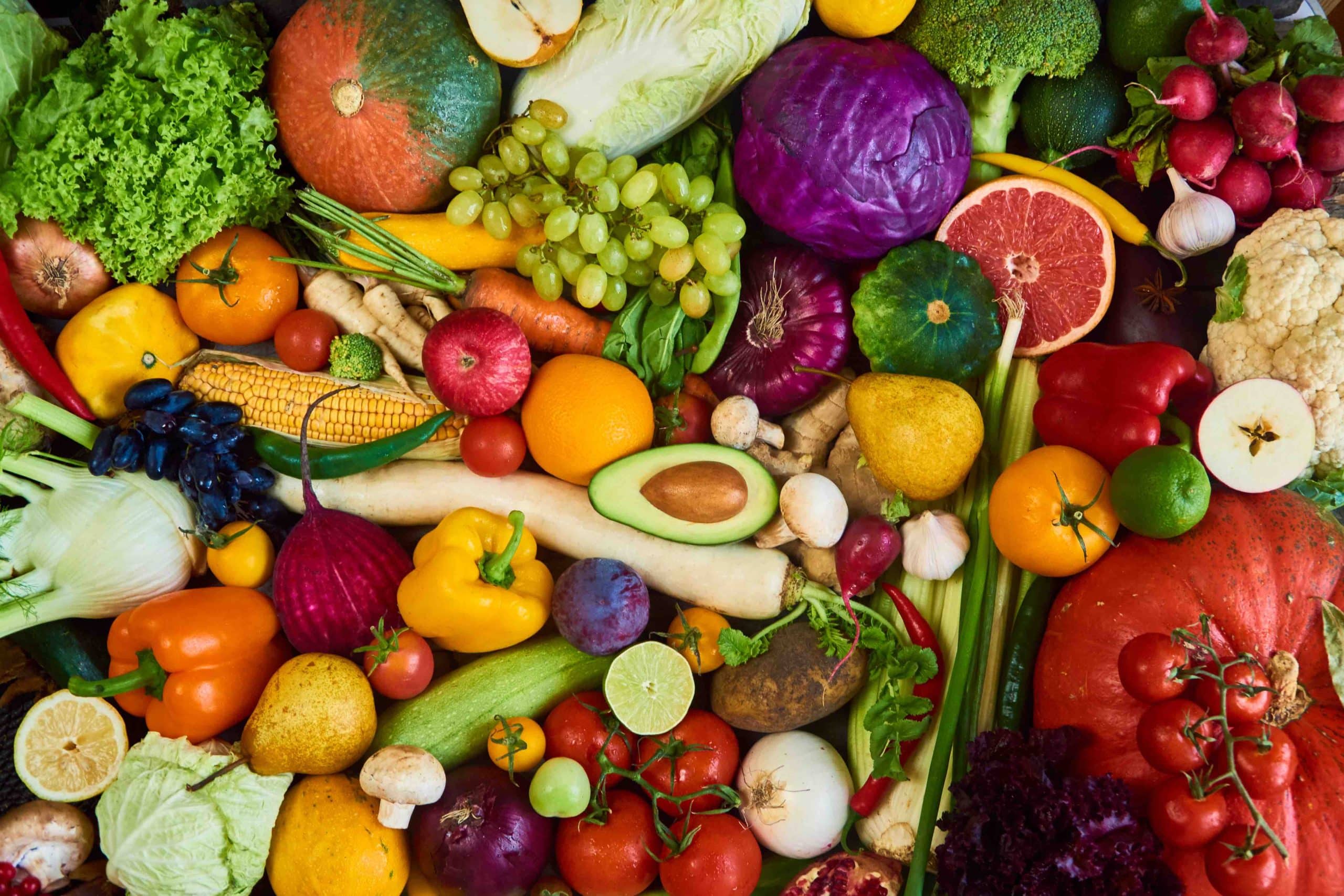Do Fruits and Vegetables Supplements Help?
27 December 2023

Fruits and vegetables are critical for a nutritious diet. Although it is recommended to consume at least 1½ – 2 cups of fruit and 2-3 cups of vegetables daily, research has shown that only one in ten adults meet this minimum requirement.
Filling your plate with the rainbow colors of the various types of fruits and vegetables will ensure that you get your natural sources of essential vitamins, minerals, phytochemicals, and antioxidants. Yet busy lifestyles, preference for the convenience of fast food and processed food, and even the depletion of nutrients in agricultural soil prevents us from getting the most health benefits out of our diet.
Eating a variety of fresh, healthy, vitamin-rich foods is just not happening. Many are now turning to fruit and vegetable supplements instead.
Fruit and vegetable supplements are not a replacement for a healthy diet. However, they can help to fill in nutritional gaps and provide a wider variety of nutrients than what you can sometimes find seasonally in the produce section of your local supermarket. These supplements offer a convenient way to support your intake of essential vitamins like C, E, beta carotene, and folic acid. They are easy to transport and have a longer shelf life than fresh produce.
Fruits and vegetables are a rich source of many essential vitamins and minerals. By dehydrating and blending them, supplements may contain a more concentrated amount of the typical nutrient profile that is found in fresh produce. However, some of the nutritional value may be lost during processing, since some nutrients, like antioxidants, are vulnerable to elements like light or heat.
The vitamins and minerals in nutritional supplements made from fruits and veggies may:
-Maintain heart health and circulation that is already good by providing a source of fiber, flavonoids, and polyphenols.
-Support healthy immune function by being a great source of vitamin C.
-Encourage balanced digestive function and elimination by supplying fiber, enzymes, and antioxidant vitamins.
-Nourish healthy skin and eye health by providing beta-carotene, vitamin E, and other antioxidant nutrients.
-Support healthy DNA and cells with folate, polyphenols, antioxidants, and more.
Supplements are not intended to replace real food. They cannot replicate all of the nutritional benefits of whole foods, like fiber and satiety. But fruits and vegetables supplements may, in this case, be a perfect way to complement your food intake and get you closer to nutrient RDAs.
